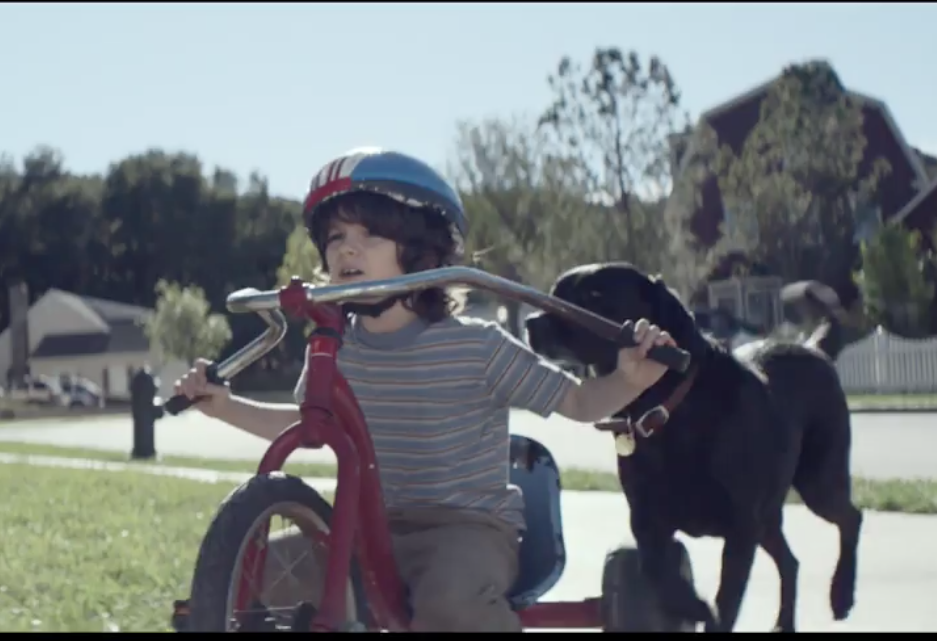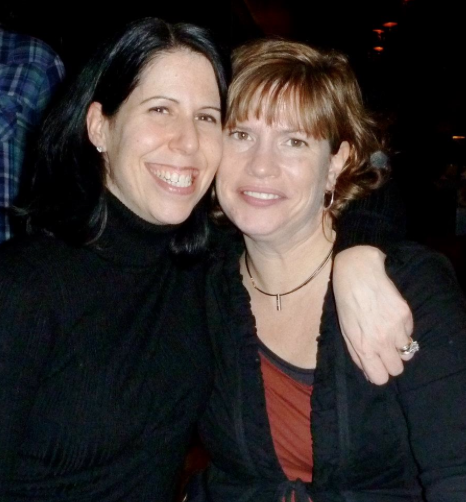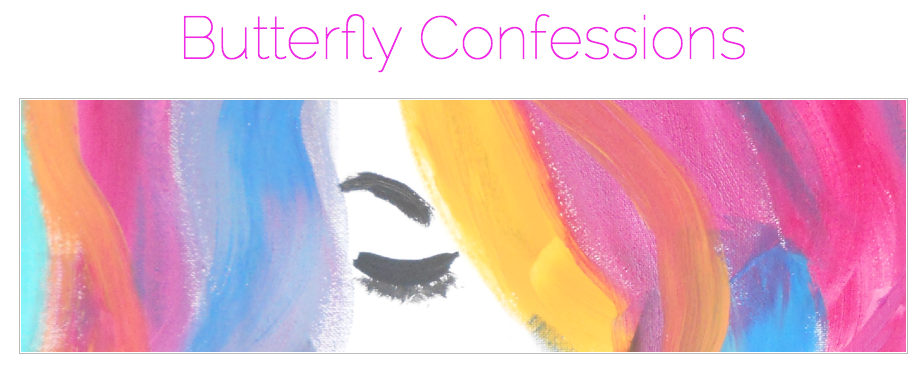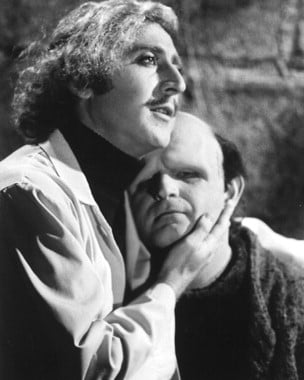When I was in elementary school in 1970’s Brooklyn, NY (maybe third grade?) a kid (who was white) told me I had “n*gger lips.” It felt weird, because I wasn’t sure if it was a compliment or not, but I kind of knew something wasn’t right about it. Honestly, I don’t remember how I responded. Maybe I looked confused or maybe I tried to be cool about it. I was seven or eight. I was also kinda socially awkward and, frankly, just happy to be getting some attention from a peer – that much I do remember.
This led, however, to an exchange with my sister I’ve never forgotten. She’s two years older than I am, and we walked home from school together. To say I looked up to her is an understatement. So we’re walking home that day and I tell her, “Guess what? So-and-so told me today I had n*gger lips!”
She stopped dead in her tracks and looked at me in shock. Then she narrowed her eyes and said, “I’m not even going to dignify that with a response.” And she kept walking. (Yes, that is exactly what she said, and yes, she was articulate and mature enough in fifth grade to deliver the line that effectively.) That’s when I knew it was bad. Then I knew I’d said something terrible. And Rachel disapproved. That was just as bad. Now I can’t even write the word without substituting an asterisk for the “i.”
Years later, I had my own opportunity to teach someone younger than I about using that word. When I taught eighth grade civics in Virginia, I had some kids in my class who were black. One day, before class started, they were joking around with each other, and the “N” word was being bandied about. They were very clearly using it to refer to themselves and each other without the slightest degree of animosity or insult intended.
They were surprised when their 24-year-old white teacher told them to knock it off and watch their language. I don’t remember many of the details of this conversation, but in essence, they said it was fine for them to use that term, since they were black. I responded something to the effect of, “I don’t care what color you are – I’m offended by that word used by anyone, in any context. As a teacher, it is a racial slur, and not permitted in my classroom. And for your information, referring to each other using that term makes it easier for racists to justify the term to describe you.” Or something like that. They were very good kids and gave me no problem about it whatsoever. The issue never came up again, but I’ve often wondered about the complexities of that exchange.
Just like my sister Rachel knew she needed to respond the way she did in fifth grade, I knew I was within my rights, and even obligation, as a teacher to forbid certain language in the classroom. As a civics teacher especially, I couldn’t resist adding a lesson in social commentary. Did I overstep in telling them they were sort of providing racists justification (rightly or wrongly) for their use of slurs? Maybe. No parents contacted the school in outrage, and the kids seemed to be over the incident as quickly as it happened.
I still sometimes wonder, though, if I did the wrong thing by possibly placing part of the burden of racism on their 13-year-old shoulders by implying they were contributing to it. It involved a critique of my students’ language, but it was an attempt to empower them, regardless. (Had I heard a white kid using the “N” word, I’d have gone into orbit and they would have been scraping me off the ceiling.)
I guess the reason why the incident still sits with me 20 years later (okay, now you know how old I am) is that I give a lot of thought to the importance of the source in a lesson like that. Would that statement have had more impact if it came from a black teacher? From a male teacher? Did the fact that I was a young white woman delegitimize the criticism? Probably to a degree. I certainly don’t agonize over the incident, nor do I think I did much damage, if any, but it stays with me nonetheless – as an exchange in which I’m pretty sure (and I definitely hope) I did the right thing.
This post originally appeared on The Broad Side on June 27, 2013.
Image via iStockphoto/Jani Bryson















